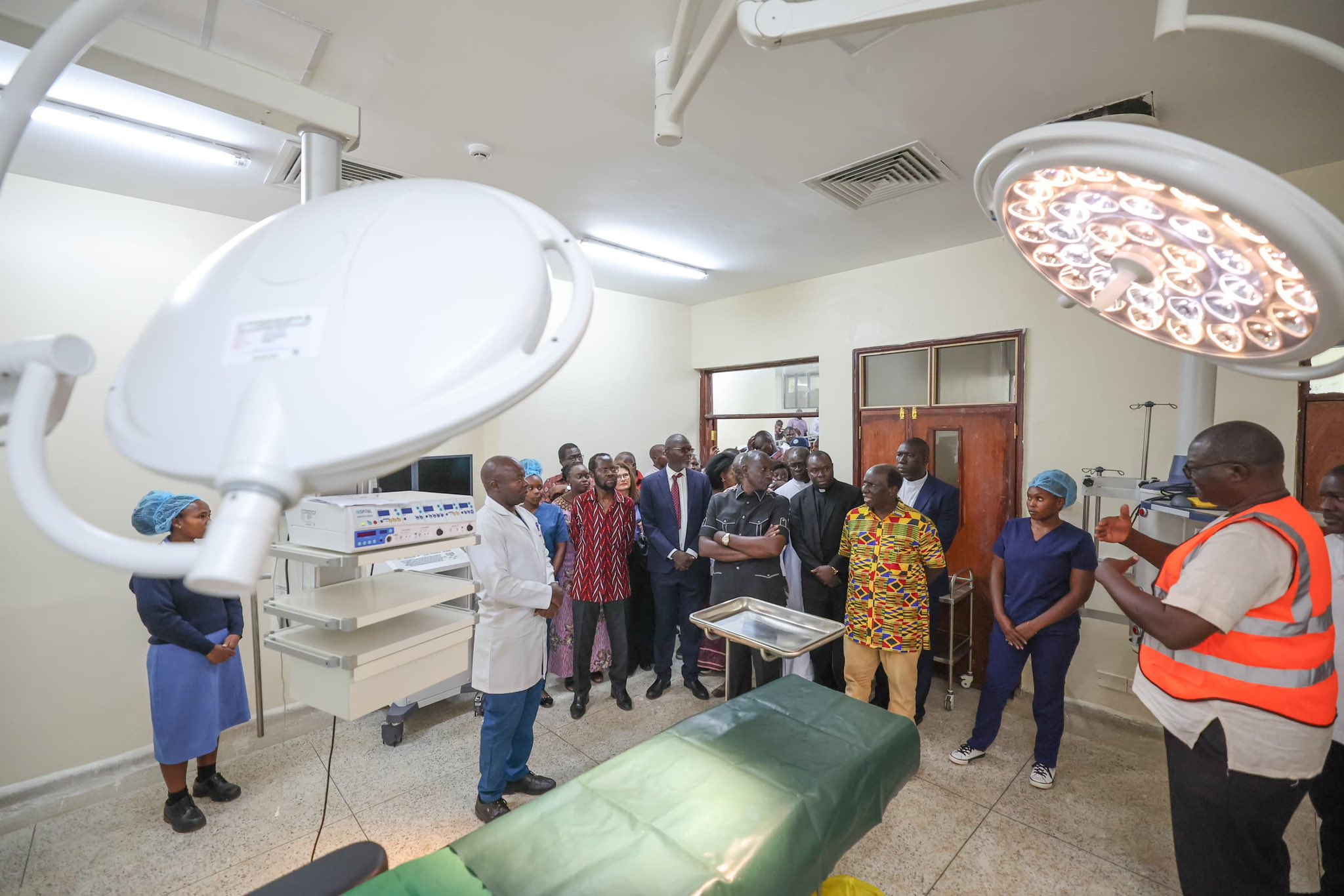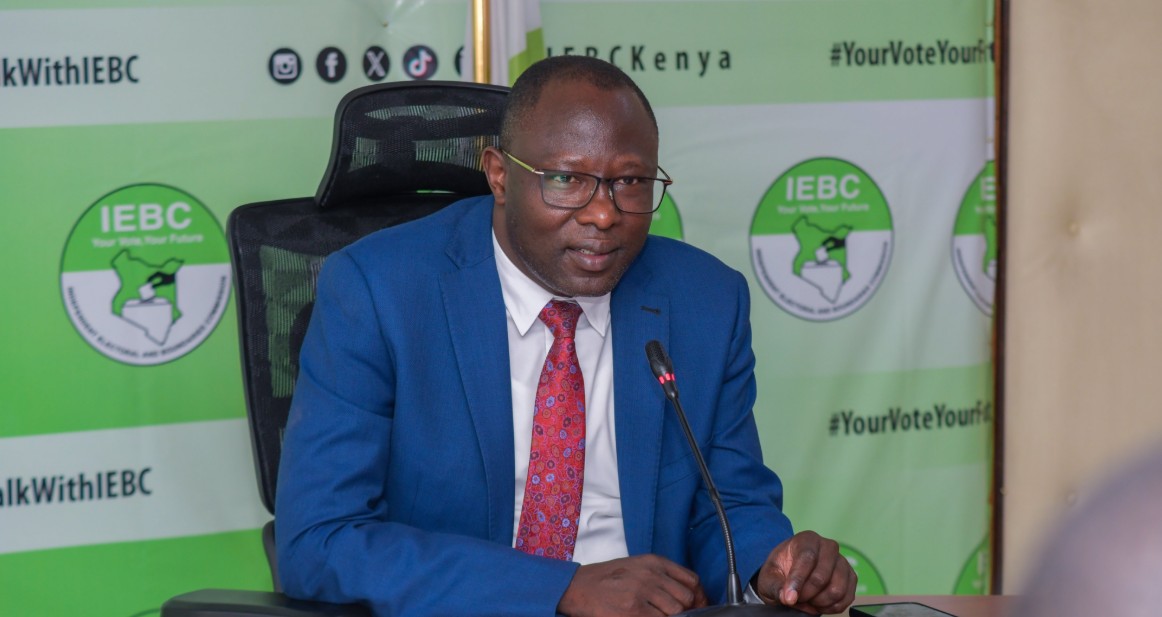Counties still unprepared for Universal Health Coverage rollout, report reveals

A recent analysis shows that patients continue to bypass poorly equipped dispensaries in favour of larger hospitals, highlighting significant gaps in Kenya's healthcare system.
The findings come just ahead of the planned nationwide launch of Universal Health Coverage (UHC) on October 1, 2024.
More To Read
- Counties undermining UHC by redirecting reimbursements, Health Committee says
- Report lays bare Kenya’s failing healthcare system
- SHA accused of ignoring law in hiring as NHIF workers left out
- Cancer patients stage protest outside SHA headquarters, demand better medical coverage
- Growing health crisis among Kenya’s elderly: Costs, care and insurance coverage
- MoH, faith-based organisations agree on six-point plan for UHC
The report reveals that many counties have neglected smaller health facilities, such as dispensaries and health centres, as governors focus on large-scale health projects and equipment.
These primary care facilities, designed to be the first stop for patients before referrals to higher-level hospitals, are not functioning as intended.
An early assessment, conducted in counties already implementing Primary Care Networks (PCNs), indicates major challenges.
The PCNs are set to be the foundation of UHC, which will be overseen by the Social Health Authority.
However, the report, released by Path Kenya, points to severe problems such as frequent shortages of drugs and a lack of healthcare workers in these lower-tier facilities.
"Frequent stockouts of drugs and other commodities were cited as a major reason why community members bypass primary care facilities that offer free services to go to the levels 4 and 5 facilities where some services are offered at a cost," the report stated.
The report, titled 'County-Level Approaches to Implementing and Financing Primary Health Care in Kenya', focuses on seven counties: Kisumu, Nakuru, Vihiga, Makueni, Garissa, Mombasa, and Nyeri.
It points out that in many areas, the primary health facilities are ill-equipped, leading to disruptions in service delivery or even closures due to staff shortages.
According to the analysis, with less than a month before UHC rollout, many health workers are still unclear about how the new system will operate.
"This was evident in Nyeri, where the dissemination had been done, but the county and sub-county health management teams had not been sensitised," the report reads in part.
 Cabinet Secretary for Health Dr. Deborah Mulongo. X/MOH
Cabinet Secretary for Health Dr. Deborah Mulongo. X/MOH
Governors continue to prioritise curative health services over preventive and promotive care, the report shows.
While investing in expensive medical equipment might look good politically, it doesn't strengthen the primary healthcare system.
The report also highlights poor coordination between community health structures and healthcare facilities, citing issues such as transport costs, long distances to facilities, and poor community perceptions about the readiness of these facilities to offer quality care.
Additionally, there has been minimal involvement of the private sector through public-private partnerships to offer primary health care (PHC) services, further hampering the system's potential.
Carolyne Njuguna, Path Kenya's country director and East Africa Regional Hub director, who presented the report in Nairobi, said the findings will guide the government and partners in evaluating how well PHC policies are being implemented.
"This assessment will enable the government of Kenya and partners to establish the level of implementation of PHC-related policies, specifically on the rollout of the primary care networks in the seven counties, and glean lessons to inform scale-up that is currently going on countrywide," she said.
The report also sheds light on the lack of funding for dispensaries and health centers. In the seven counties analysed, only between one and eight per cent of county health budgets were allocated to preventive and promotive health services.
Garissa led the way, allocating eight per cent of its health budget, followed by Kisumu at 7.5 per cent and Nakuru at seven per cent.
The National Hospital Insurance Fund (NHIF) was identified as a significant source of funding for primary health care.
Counties that streamlined their NHIF claim processes, such as Kisumu, Makueni, Mombasa, and Nakuru, saw higher reimbursements, which helped maintain services at primary care facilities.
According to Health Director-General Patrick Amoth, the report will be critical in guiding the implementation of PHC networks and identifying strategies to expand and sustain PHC in Kenya.
"It is important that we understand what works, and I am delighted that this report highlights some of the innovations in a number of areas, such as financing and provides lessons to inform the scale-up and policy direction," he said.
Top Stories Today













































